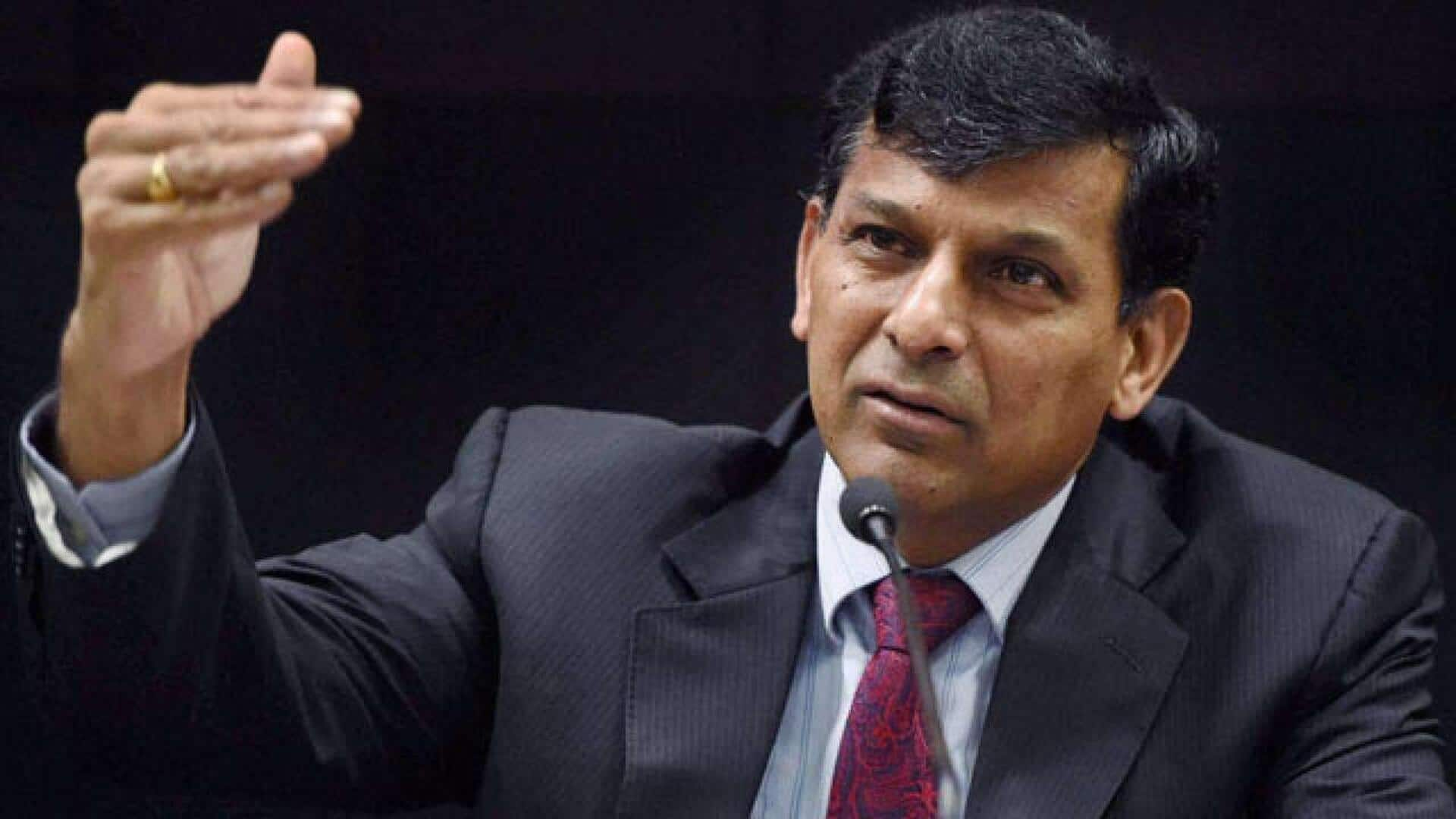
Not H-1B fee-hike, this US act is riskier for India
What's the story
Former Reserve Bank of India (RBI) Governor Raghuram Rajan has raised concerns over the proposed US legislation, the Help In-sourcing and Repatriating Employment (HIRE) Act. He said it poses a bigger risk to India's service exports and global talent flow than the recent $100,000 increase in H-1B visa fee. The HIRE Act seeks to impose tariffs on outsourced services, which could have a major impact on Indian IT service providers.
Tax implications
What is the HIRE Act?
The HIRE Act proposes a 25% excise tax on payments made by US companies to foreign individuals or entities. This would increase their tax burden significantly and eliminate deductions for expenses related to such outsourced payments. The revenue from these taxes would be used for reskilling, apprenticeships, and workforce development programs in the United States.
Sector impact
Impact on Indian IT service providers
The HIRE Act covers several sectors such as IT services, BPO, consulting, GCCs (global capability centers), and freelance services. Indian IT service providers are likely to be the worst hit since the US is home to 70% of India's IT export revenue. Other nations such as Ireland, Israel, Poland and the Philippines could also bear the brunt of this legislation.
Negotiation strategy
India should negotiate for lower tariffs
Rajan has urged India to negotiate for lower tariffs in ongoing trade talks. He said high tariffs could disrupt supply chains and hurt industries like textiles, which are already facing record US tariffs of 50%. "It's extremely important for India that our tariffs be brought down quickly, especially in these areas where we have labor-intensive industries," he added.
Visa impact
Rajan downplays significance of H-1B visa fee hike
Rajan also downplayed the significance of the H-1B visa fee hike. He said existing visas and STEM graduates would not be affected by new fees. Companies could change their hiring strategies by recruiting more from Indian students in the US or hiring people in India for virtual roles. This could lead to growth in India-based operations for global firms like Microsoft, he said.